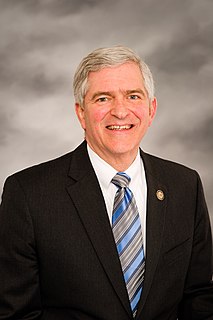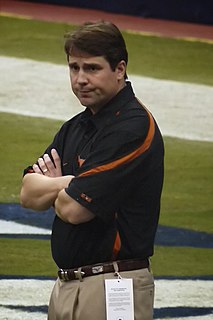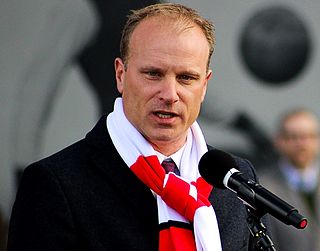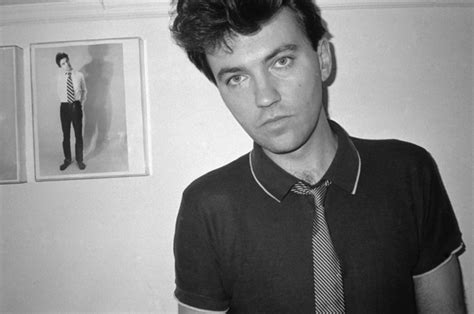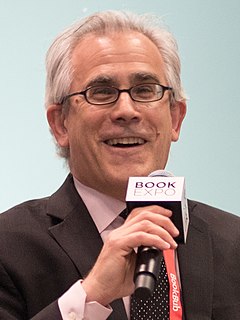A Quote by Michelle Wu
You can have great ideas, and you can have all the right policy goals. But unless you're expanding who is included in the political process, you won't connect the two.
Related Quotes
Invest in the "process" rather than the product. Process living neutralizes the depleting and impoverishing effects of chronically living in anticipation. Even when impossible goals occasionally are reached, satisfactions derived from them are invariably disappointing unless the process has given ample satisfaction along the way.
We need to set goals for ourselves. Start today...if you don't have any goals, make your first goal getting some goals. You probably won't start living happily ever after, but you may start living happily, purposefully, and with gratitude...Goals are gratitude in action. They give us the opportunity to build on what we already have. While achieving goals can be a lengthy process, we can learn to be grateful for each stage in the process of setting and meeting goals.
I've always thought the American eagle needed a left wing and a right wing. The right wing would see to it that economic interests had their legitimate concerns addressed. The left wing would see to it that ordinary people were included in the bargain. Both would keep the great bird on course. But with two right wings or two left wings, it's no longer an eagle and it's going to crash.
Even after seeing so much bad art in the last few years, it still seems possible that one can be led to the right places. I haven't given up hope because there are always great artists, great minds, and great ideas. New ideas are what give you hope. You have to base your opinions on the quality of the ideas in the artworks.
This is the problem with foreign policy - talking about foreign policy in a political context. Politics is binary. People win and lose elections. Legislation passes or doesn't pass. And in foreign policy often what you're doing is nuance and you're trying to prevent something worse from happening. It doesn't translate well into a political environment.
Separate out the creative act from the act of editing and execution. Make it a two-step process. First, let ideas flow and encourage EVERY idea to make it to the whiteboard. Don't criticize, judge, edit, budget, or worry. An idea on the wall can't hurt anyone, so let them rip without restriction. After any and all ideas have the opportunity to "come out to play", only then should you apply your analytical and logical side to the effort. Don't mix the creative process with the editing process or you'll kill your ideas before they even get a fighting chance.

